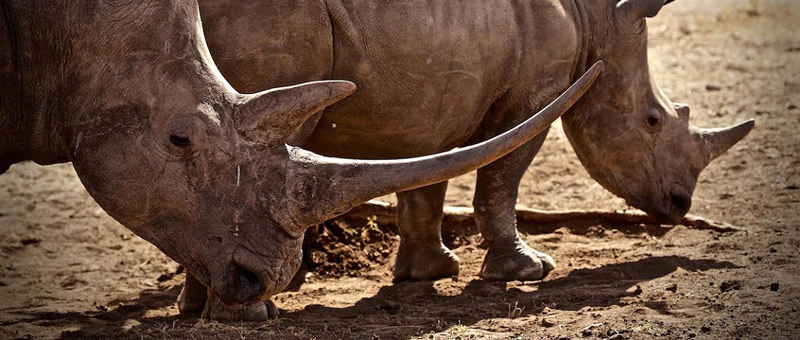Tucked away in a back alley, up a crumbling staircase, is Abu Mohamed’s workshop, where he carves and sells illegal ivory goods in the heart of Cairo’s historic bazaar.
“It’s the best quality from Kenya,” he said, brandishing an elephant tusk intricately inscribed with Quranic verses. Behind him, dusty glass cabinets are bursting with ivory figurines, bracelets and walking sticks.
Abu Mohamed inherited the business from his father and has a factory where many other sellers also sculpt larger items that they sell to tourists.
“The biggest piece we ever had was two metres long,” he said, pointing to a photo of the enormous tusk that he had stuck up on the wall.
Despite a ban on ivory trading, Egypt is one of Africa’s largest markets for the illegal trade, according to Traffic, a wildlife trade monitoring network.
The main sales hub is Khan al-Khalili, a bustling Cairo souk and popular destination for tours in Egypt, where vendors sell the illegal wares alongside resin sphinxes and plastic pyramids. Luxor, another tourist town, is also a sales hub.
The article here:http://www.thetimes.co.uk/tto/environment/article4233411.ece?CMP=OTH-gnws-standard-2014_10_10






